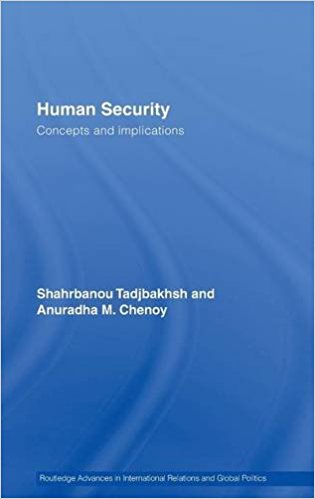The authors should be commended for producing what will now be a compulsory text for all those interested in a serious academic discussion on human security, especially as it connects to debates and theories in International Relations (IR). That this book has been brought out as part of Routledge’s prestigious series on ‘Advances in International Relations and Global Politics’ is already confirmation of this status. The two main merits of this volume are its comprehensiveness and its orientation. The authors’ up-to-date reading and sophistication of argument provides an admirable map of the historical and analytical terrain pertaining to the issue of human security. Nor do the authors hesitate to take a stand on what they believe. They are highly critical of the dominant approach in IR —the various forms of Realism (even in its most broad church versions)—and would therefore provide little solace and, hopefully, much irritation, to prevailing ‘common sense’ in Indian strategic and foreign policy-shaping circles. This is a book on the side of the marginalized and deprived everywhere, not another entry into the ‘advisors to the prince’ genre. The subcontinental branch of this genre —the Indian state as a rising global star—is already overstocked but where quantity has not necessarily translated into quality.
The book is divided into two parts. The first deals with the concept of human security (HS) – what the authors mean by it, how it emerges, the disputes concerning its value and reach, how it relates to other key concepts, notably development and human rights (HR).

